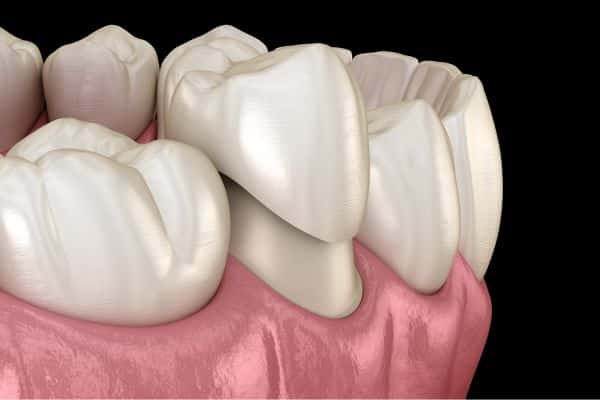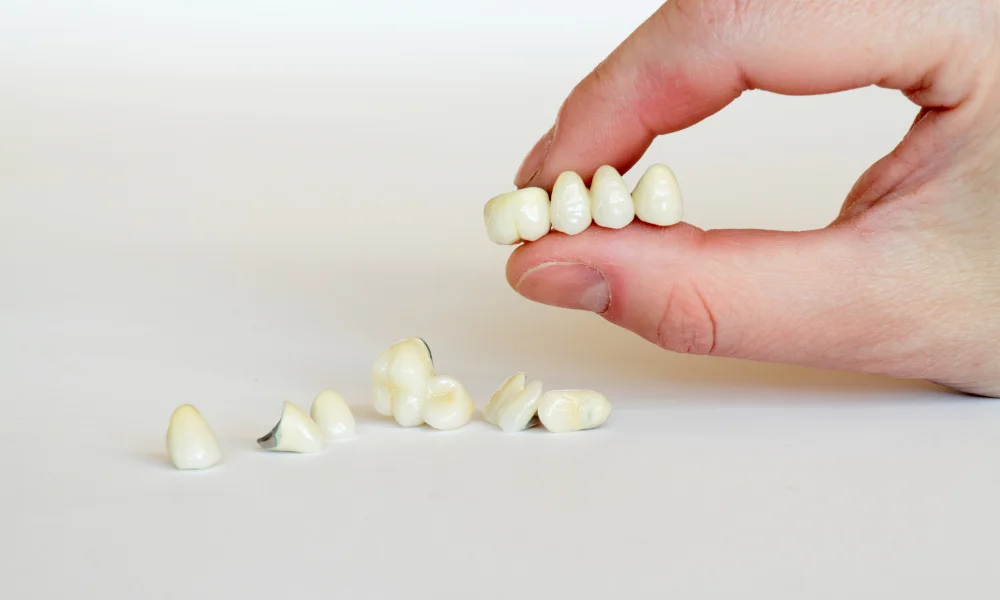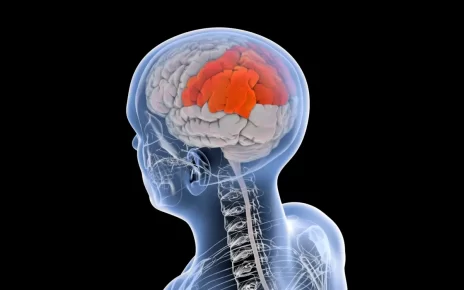Dental crowns have been a mainstay in a dentist’s arsenal ever since they were first invented. After all, they are one of the most versatile and effective dental interventions available today. Dental crowns are almost always custom-made and focused on covering damaged or weakened teeth. They also restore (and in some cases enhance) the shape, strength, and function of such teeth.
The process of getting dental crowns in Honolulu HI is quite simple, largely due to the efforts made by dental experts. Usually, dentists recommend a crown when they suspect a risk of further damage.
Here are some specific circumstances in which dental crowns are the best:
Severe Tooth Decay
When tooth decay becomes too extensive for a regular filling to fix, a crown is often the best option. Fillings may not provide enough support to a tooth that has lost significant structure, but a crown can cover and protect the entire tooth, preventing further deterioration. Crowns not only restore the strength and function of the tooth but also protect it from future decay.
Cracked, Broken, or Chipped Teeth
Another scenario where dental crowns are highly recommended is when a tooth is cracked, broken, or chipped. Even minor cracks or chips can compromise the strength of a tooth, leaving it vulnerable to further damage or infection. Larger cracks or breaks often require immediate intervention to prevent the tooth from splitting entirely. Dental crowns are ideal for covering and reinforcing these damaged teeth.
Large Fillings
Teeth with large fillings are another candidate for crowns. Over time, large fillings can weaken the remaining tooth structure, making it prone to cracks or breakage. In some cases, the filling may start to leak, which can allow bacteria to enter and cause new decay around the filling. In such situations, dentists often suggest replacing the large filling with a crown.
Tooth Pain or Sensitivity
If you are experiencing ongoing tooth pain or sensitivity, it could be a sign that your tooth needs a crown. Pain or sensitivity is often caused by damage to the enamel or deeper layers of the tooth, such as the dentin or pulp. This can happen due to decay, cracks, or even grinding your teeth at night. A dental crown can alleviate this discomfort by protecting the damaged area and sealing off exposed nerves.

Misshapen or Discolored Teeth
Dental crowns are not only used for restorative purposes but also for cosmetic improvements. If you have a tooth that is misshapen or discolored, a crown can be an excellent solution for enhancing its appearance. Whether the issue is due to genetic factors, trauma, or staining that doesn’t respond to whitening treatments, a custom-made crown can restore a natural and attractive look to your tooth.
Gum Recession
Gum recession, which occurs when the gums pull away from the teeth, can expose the roots of the teeth and lead to increased sensitivity, decay, and even tooth loss. When a tooth becomes vulnerable due to gum recession, dental crowns can be used to protect the exposed area and prevent further damage.
Changes in Bite
Changes in your bite, such as misalignment or teeth shifting, can cause excessive wear and tear on certain teeth, leading to damage over time. Teeth that are under constant pressure from an uneven bite are at risk of cracking, breaking, or becoming severely worn down.
Damaged/decayed teeth can significantly deteriorate the quality of life. They lead to intense pain, difficulty in chewing, and damages long-term oral health! If you feel dental pain or simply feel that dental crowns may solve some concerns, it’s best to reach out to a local dental expert for a consultation!





